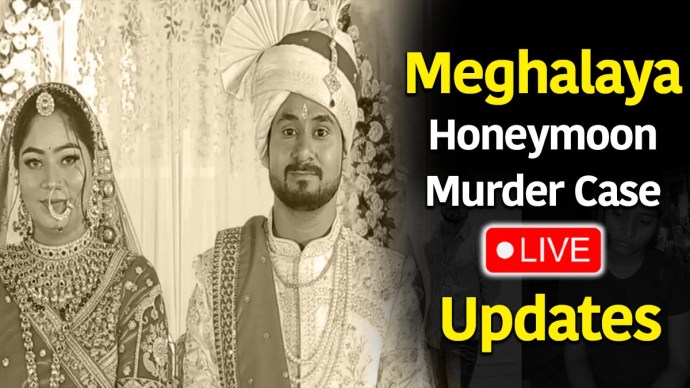Amidst all the unnecessary controversies, Patik Babbar’s marvellous film Phule has finally been released in movie theatres.
Speaking on the controversies surrounding the film, Pratik says, “It is really saddening that in today’s time, we can’t even talk about what happened in history because whatever they’re in the film is absolutely a part of the history that we all have studied in school, whatever happened back then 175 years ago about the caste discrimination, gender discrimination, the atrocities against women, everything that we all have studied and the film depicts. There are no agendas involved in the film, so the whole thing that happened around the film, whether it is some group of people, some set of people who got offended or whether it is the censor board who asked us to tone down certain things were actually sending to me at least, some weird signals. But I guess the best answer can come from Ananth Mahadevan, who is a writer, director and research researcher about the film and I’m sure he must’ve spoken to you about the whole controversy So the one thing we are very very confident about the film is that the film has no agenda and audience will definitely connect to the film.”
What saddens Pratik is how relevant the issues of casteism and illiteracy remain even now. “What is ironical for me is when I heard the story, one corner of my heart was asking how much relevance it has in today’s times. But the moment Anant Mahadevan completed the whole narration. I was so sad and so shocked with the fact that all these issues are still there in our society in the battle that started 175 years ago is still on still not done so as a society, we actually should reflect upon these things and not waste time on unnecessary controversies. As far as the current state of the country and for that matter, the whole world is concerned, I don’t think anybody, whether a country or a politician or any religious group or anybody…. nobody can say with a hundred percent confidence that we don’t have any issues of caste discrimination, gender discrimination, atrocities against women, discrimination on the basis of religion. All these things are deep rooted in the human behaviour. So I don’t think that anybody should get offended by our film which is only holding up a mirror. Anybody who feels these things are no more relevant to us, lives in a rabbithole. It is very much relevant. Imagine we still have to run these campaigns. Beti padhao! Why do we have to run this campaign if you don’t have these issues anymore?”












